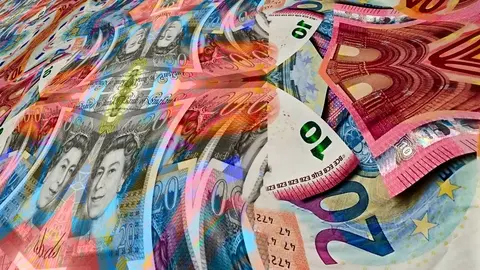
Property rights
Property rights
Peruvian economist, Hernando de Soto has been credited with raising global awareness of the significance of the establishment of property rights to the development of modern economies.
One important aspect of this is the documentation of legal rights of ownership, which enable businesses to gain credit and function effectively. In many less developed countries such documentation is limited, leading to the emergence of large hidden economies and the suppression of formal business activity. The absence of formal property rights is seen as a fundamental cause of poverty and a constraint on economic development.
Dead Capital
In his book The Mystery of Capital (de Soto, 2000), de Soto refers to ‘dead capital’ – assets that cannot be easily exchanged or given a market value because no one owns them or has the right to exchange them. Those who use or occupy the assets will have no incentive to ‘add value’ to these assets because they cannot realise or unlock any ‘capital gain’. There is, potentially, great value in many types of capital, but it remains dormant in many less developed parts of the world, and requires the allocation of property rights to unlock value and allow the resource to be exploited by the owner. Ownership of assets provides an incentive to the owner to add value by investing time, skill and effort in developing the asset, as well as providing collateral for credit. A lack of property rights, de Soto argues, provides a severe constraint to development because substantial capital remains dormant, and explains why poverty is endemic in many less developed economies. de Soto suggests that securing property rights should involve formalising the informal economy by allocating property rights to those living and working in the informal economy.


